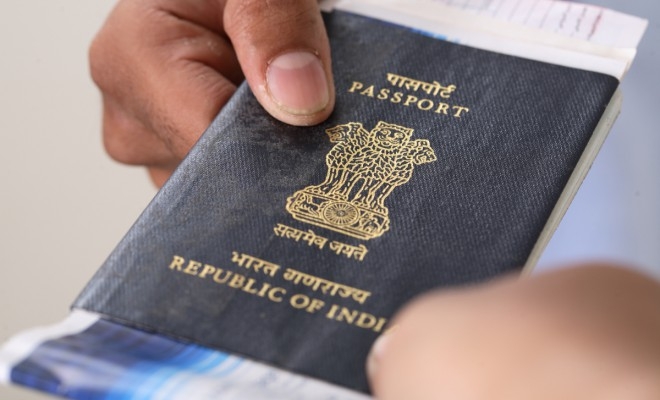Envisioning to lead in technological advancements, Indians will soon carry chip-based e-passports
New Delhi, June 25: Emancipating the digitization wave in the country, India has shown a considerable growth by adopting the new change. Commencing discussion with the ‘India Security Press’, the External Affairs Minister S Jaishankar said that the Ministry of External Affairs has pitched in for a project on issuing chip-enabled e-passports in the future. The project has been kept on a priority basis.

Speaking at the seventh Passport Seva Divas, EAM Jaishankar said that the project for manufacturing e-passports will be taken up on a priority basis so that the travel document with advanced security features can be rolled out in the near future. The technology of chip is likely to be used in the Indian e-passport has been conceptualised and developed by the Indian Institute of Technology-Kanpur, National Informatics Centre (NIC), India Security Press (ISP) and the Ministry of External Affairs officials. The new passport will comprise an inlaid chip which will store the personal information of the holder as well as the travel details.
The system will be embedded in the back of the passport and will sport a chip with 64 kilobytes of storage space and an embedded rectangular antenna. It will carry information for up to 30 visits, for now. Later on, it will also store the photograph of the passport holder and even biometric data like fingerprints.
The chip-based e-passport is viewed as a safe way to store the passport holder's data as any attempt to tamper with the chip will result in failure of passport authentication.
EAM S Jaishankar also said that continuing the commitment made by the government in its previous tenure, the ministry shall continue with the process of opening new Post Office Passport Seva Kendras (POPSK) in every Lok Sabha Constituency where no such seva kendras facility exists till now.
He also noted that the MEA issues an average of one crore passport every year after it underwent a "passport revolution" owing to the various initiatives taken to bring about a visible change in the delivery mechanism of passport services to citizens both within the country and abroad.